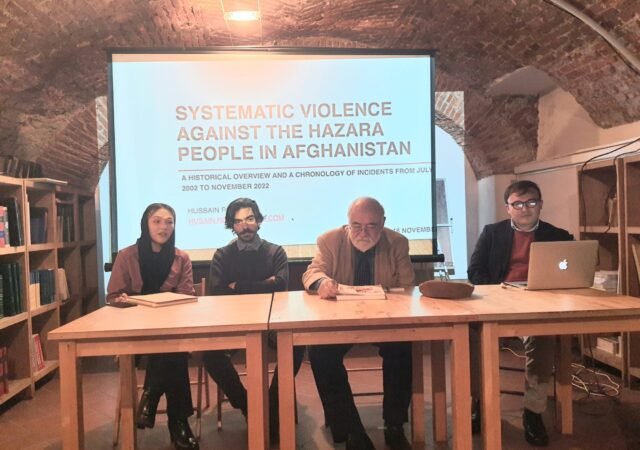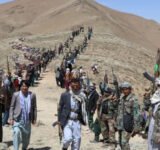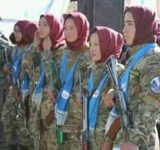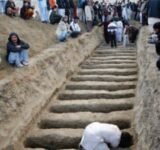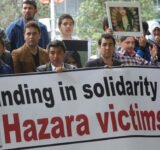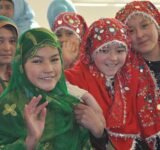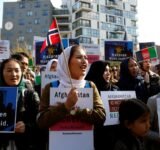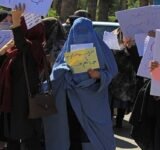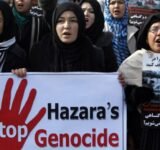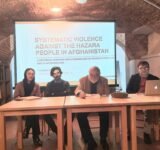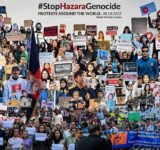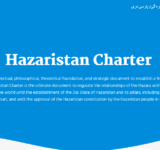Nasrin, 30
Nasrin’s family fled to Iran in the 1980s following persecution in Afghanistan. As a refugee, Nasrin faced regular harassment. “Hazara people are distinguished based on their appearance, so we get targeted a lot,” Nasrin explains. She notes that Hazaras are vulnerable to abuse and cannot access essential services or attend school there. Nasrin and her family moved back to Afghanistan in hopes of a better future. Nasrin studied in veterinary school while advocating for women’s rights.
Concerned for her safety due to the violence in Afghanistan, Nasrin fled to Canada. “Resettlement was difficult,” she recalls. But she persevered and received a prestigious scholarship, and a Master’s degree in immunology. She is now preparing to take a board exam to practice as a veterinarian. She currently works as a research assistant and volunteers with a program that reads books to Afghan children in Kabul.
“We are told all the time that we [Hazaras] aren’t good enough,” Nasrin says, “Many Hazaras aren’t aware of their scars and trauma. Their pain is not acknowledged and it makes it difficult to move forward in Canada.” She hopes to work towards a future where women and Hazaras are given equal opportunities.
Source: UNHCR


